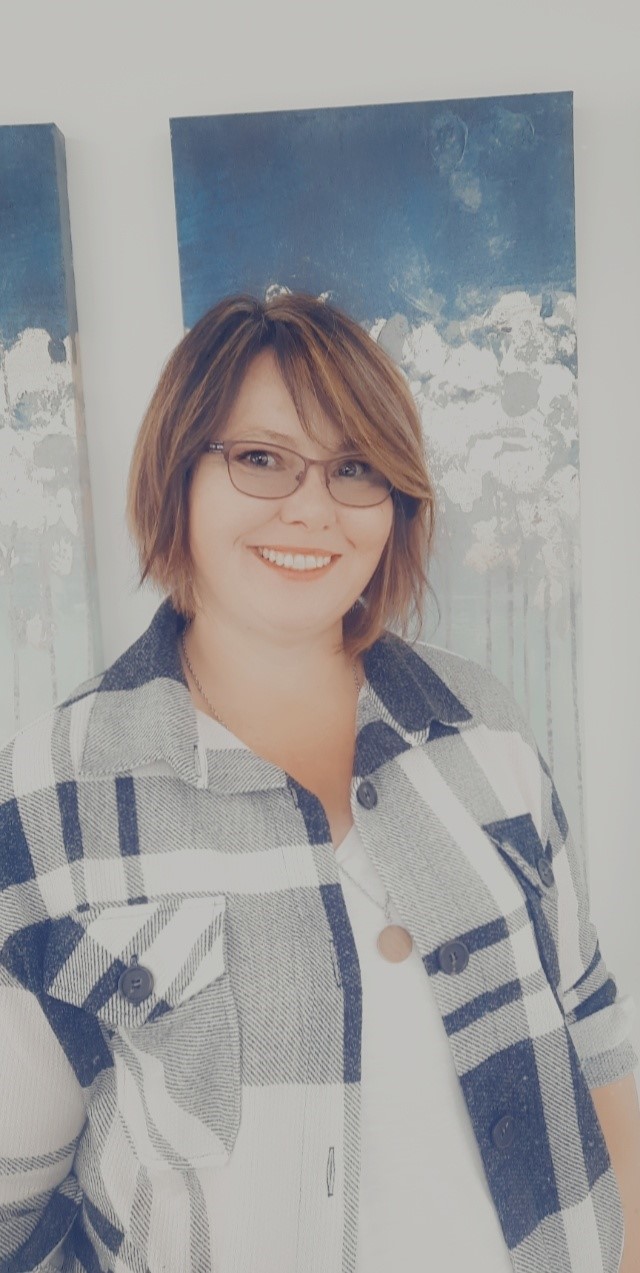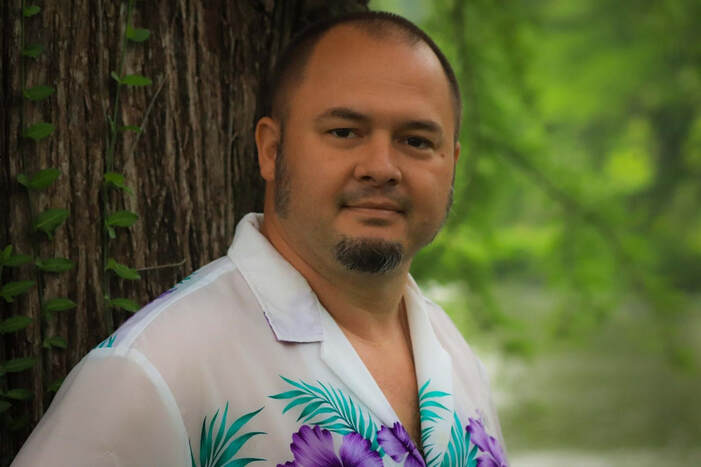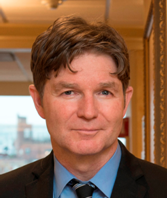Cornell, Alison, MSW
Alison Cornell is a Licensed Clinical Social Worker in the State of Missouri with a master’s degree in Social Work from the University of Missouri. Ms. Cornell specializes in Integrated Treatment in Co-occurring disorders currently servicing rural areas. Ms. Cornell has extensive training and background work in domestic violence, substance use disorders, mental health, Department of Corrections, transitional aged youth and past student experience with Children’s Division. Ms. Cornell has had extensive work as a first responder for domestic violence cases, crisis intervention, and trauma work.
Ms. Cornell has currently been engaged with North Central Missouri Mental Health Center in Trenton Missouri as the ITCD specialist for the past seven years. She has been an integral part of the building and creation of the ITCD team for the agency and has been overseeing treatment for individuals receiving services in the Integrated Treatment for Co-Occurring Disorders, Substance Use Disorders, youth Substance Use Disorders, Department of Corrections and Community Psychiatric Rehabilitation Center programs during her time with the agency.
Presentation(s):
Maslow’s Hierarchy of Needs as it Relates to Mental Health and Substance Use in a Rural Setting




